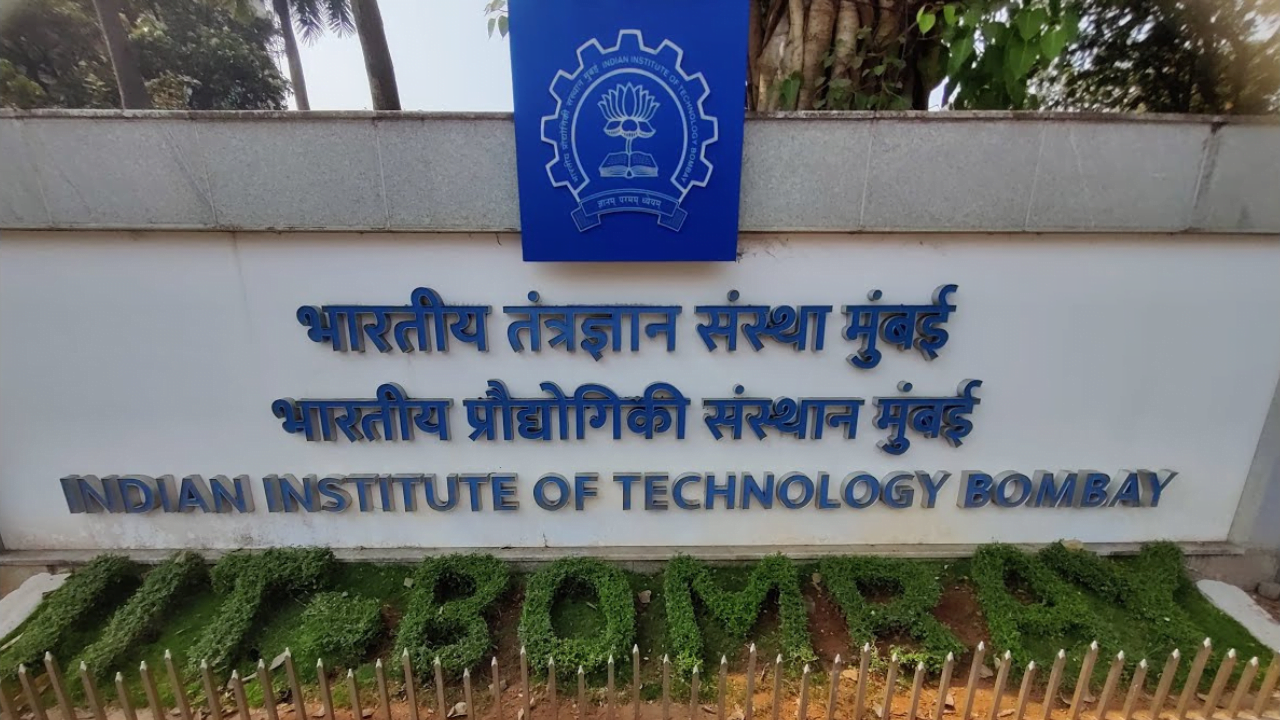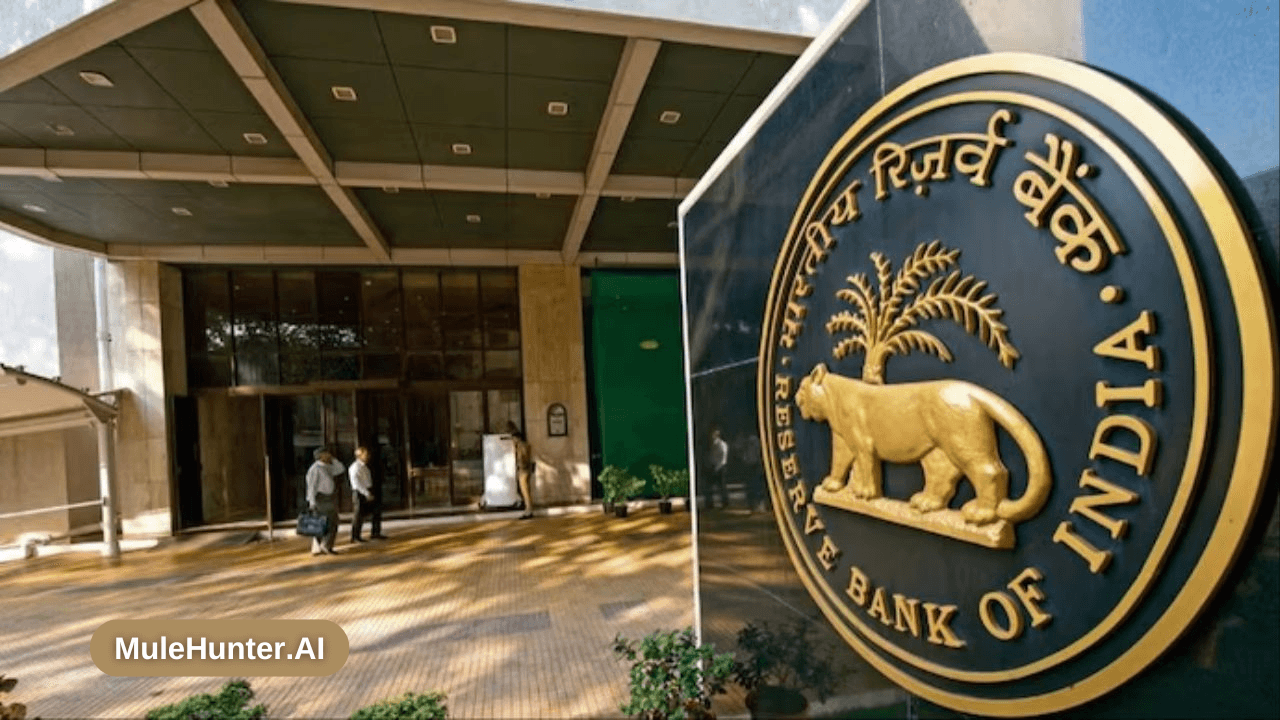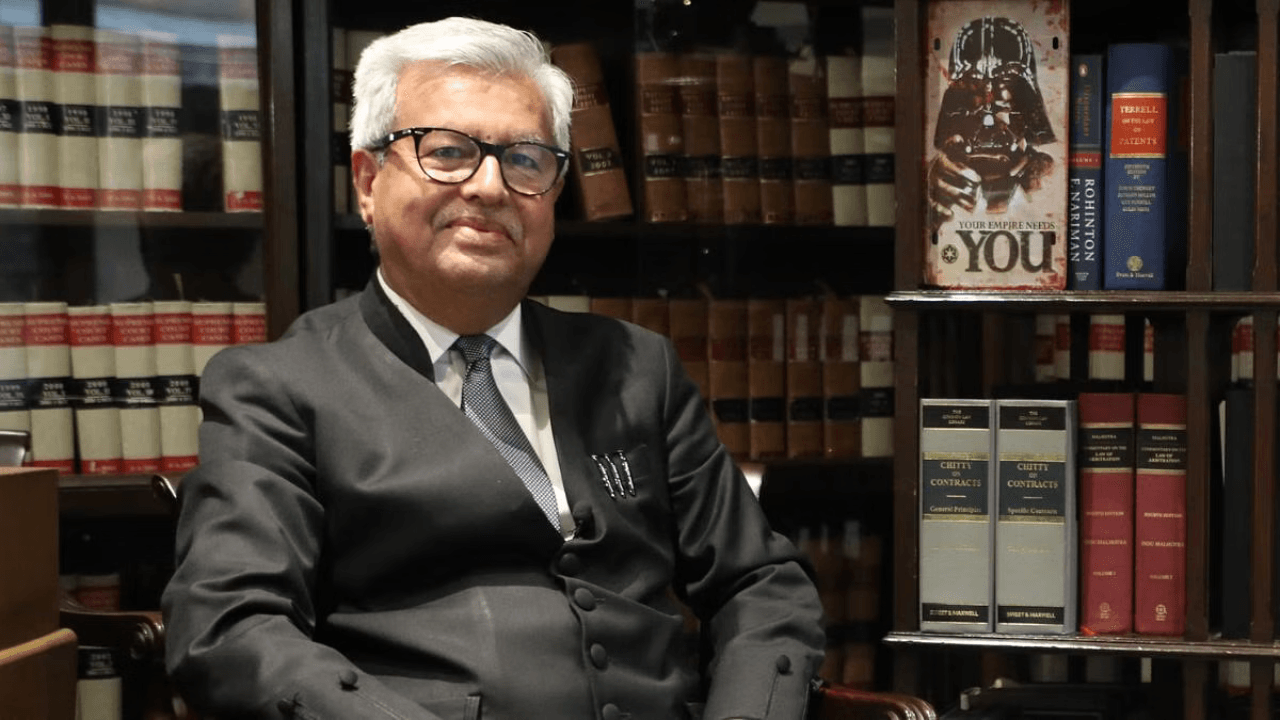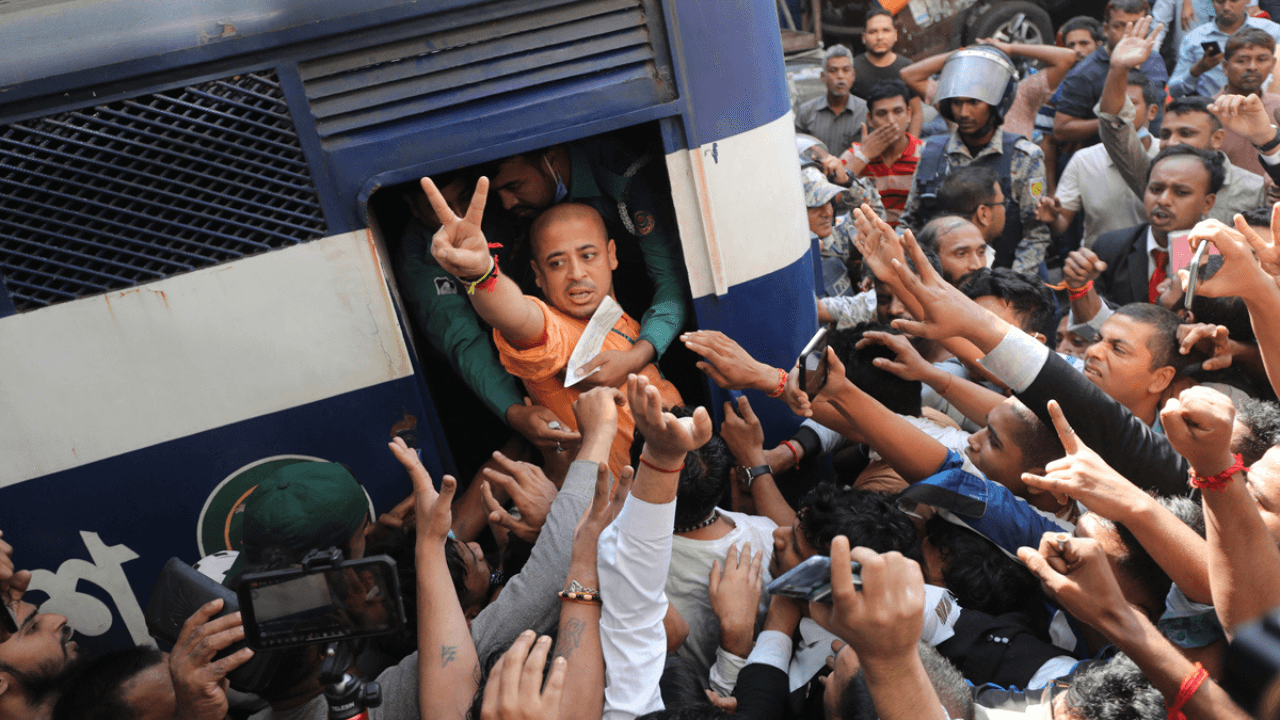In response to the circulation of misleading figures regarding the number of faculty recruited from various reserved categories at the Indian Institute of Technology Bombay (IITB), the institute has issued a clarification. The correct figures reveal that since 2021, 27 faculty members from the Scheduled Caste (SC) category, 6 from the Scheduled Tribe (ST) category, 29 from the Other Backward Classes (OBC) Non-Creamy Layer (NC) category, and 1 from the Economically Weaker Section (EWS) category have been offered positions at IITB.
While many of these faculty members have already joined, some are yet to take up their positions. Additionally, the institute is still in the process of interviewing candidates for certain departments, indicating that further recruitment from reserved categories may be expected.
Misleading figures are circulating about no. of faculty from various reserved categories recruited at IITB. Correct figures: 27 SC, 6 ST, 29 OBC NC, 1 EWS have been offered since 2021. Many have joined. Some are yet to join. We are still interviewing candidates for certain depts.
— IIT Bombay (@iitbombay) April 10, 2024
Background
IIT Bombay, one of India’s premier engineering institutes, has been actively working to enhance diversity and inclusion within its faculty. The institute follows the government’s reservation policy, which aims to ensure representation from historically marginalized communities in educational institutions and workplaces.
Recruitment processes at IITB are rigorous and competitive, with candidates being selected based on their academic qualifications, research potential, and teaching abilities. The institute’s commitment to recruiting faculty from reserved categories reflects its dedication to promoting equality and providing opportunities to individuals from diverse backgrounds.
The clarification regarding the recruitment figures comes in the wake of misinformation being circulated, highlighting the importance of verifying information before drawing conclusions. IIT Bombay remains committed to its goals of fostering a diverse and inclusive academic environment, and will continue its efforts to recruit talented faculty members from all sections of society.












